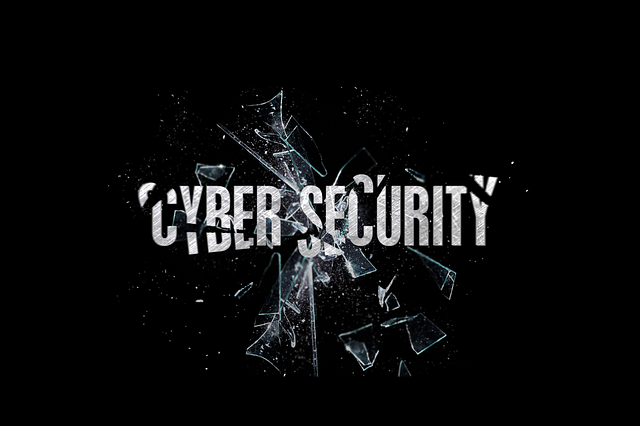7 Dangerous Types of Malware and How to Stop Them
Credit: Andrea Piacquadio via Pexels
A couple of decades ago, the latest antivirus software could shield your computer from most cybersecurity threats. But nowadays, threat actors use many different types of malware to attack your computer.
Whether you have a Mac or Windows, your computer’s default antivirus isn’t enough to keep you secure from new threats. It’s a good idea to download antivirus software that has the anti-malware technology to remediate the following malicious software:
#1 Computer Viruses
Computer viruses are a type of malware that usually spread after you engage with an infected file. For example, if you click on a file on a thumb drive that carries a PC virus infection, it may rapidly spread to your computer.
Computer viruses can corrupt all types of files, from your pictures, videos, and word documents to your system files. Antivirus software with signature-based technology can usually stop viruses quite quickly.
#2 Worms
Worms are like viruses because they’re designed to spread chaos. However, worms travel through networks. You can get a network worm through a corrupt email attachment. Not only should you use robust antivirus software, but you should have excellent network security tools like a powerful network firewall to stop computer worms.
#3 Ransomware
You’ve probably heard about ransomware, especially after such an attack was in the news for shutting down Colonial Pipeline and increasing oil prices. Ransomware encrypts your computer and blocks access until you pay a hacker. Answer questions like what is ransomware and how it threatens my financial security to stay safe from it.
#4 Adware
Adware is an annoying type of malware that blasts your computer screen with pop-ups. Some adware can hijack your browser and redirect you to unwanted websites. The best adware removal tools can get rid of adware and other potentially unwanted programs (PUPs).
#5 Spyware
You should use top anti-malware software to erase spyware if you care about your privacy. Spyware is dangerous because it stays silent on your computer until it’s ready to strike. A spyware infection also shows very few symptoms.
Spyware can secretly copy your information for threat actors, document your online activity, or record your pictures and videos without your knowledge. Many professionals cover their webcams until they need them to stay secure from spyware.
#6 Malware That Targets Exploits
A cybercriminal can hack into your computer by taking advantage of security vulnerabilities called exploits. The best way to protect yourself from exploits is to update your computer regularly. Microsoft and Apple often release patches that plug security holes.
#7 Rootkit
Rootkits are malware that can hide in your system and allow hackers to control your computer. Cybercriminals can use a rootkit to log into your bank account and steal your financial or credit card information. Hackers can also use them to steal your documents, pictures, videos, and intellectual property.
Many rootkits are hard to stop. Prevention is the best method. Avoid downloading pirated software. Not only is pirated software illegal, but it can carry rootkits. Also, be careful about the websites you visit and the links you open, as they can lead to a rootkit infection.
Learning about common malware infections can help you avoid them. Stay cautious online and use proactive anti-malware software to keep your data secure.

